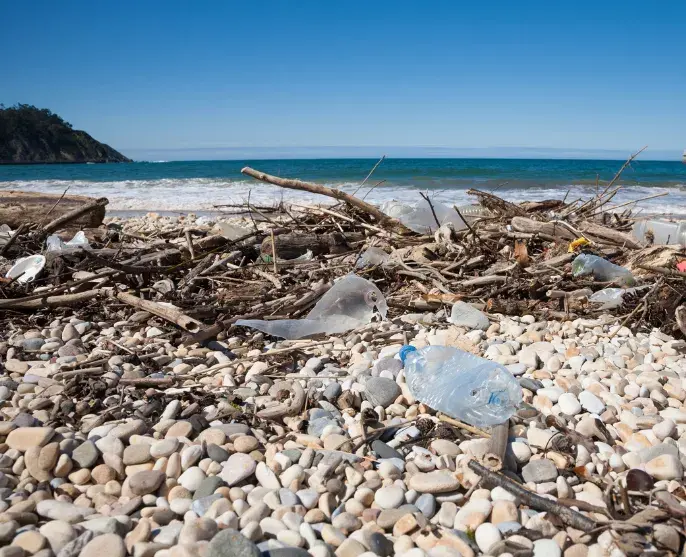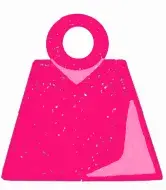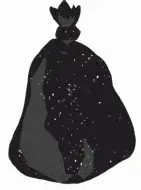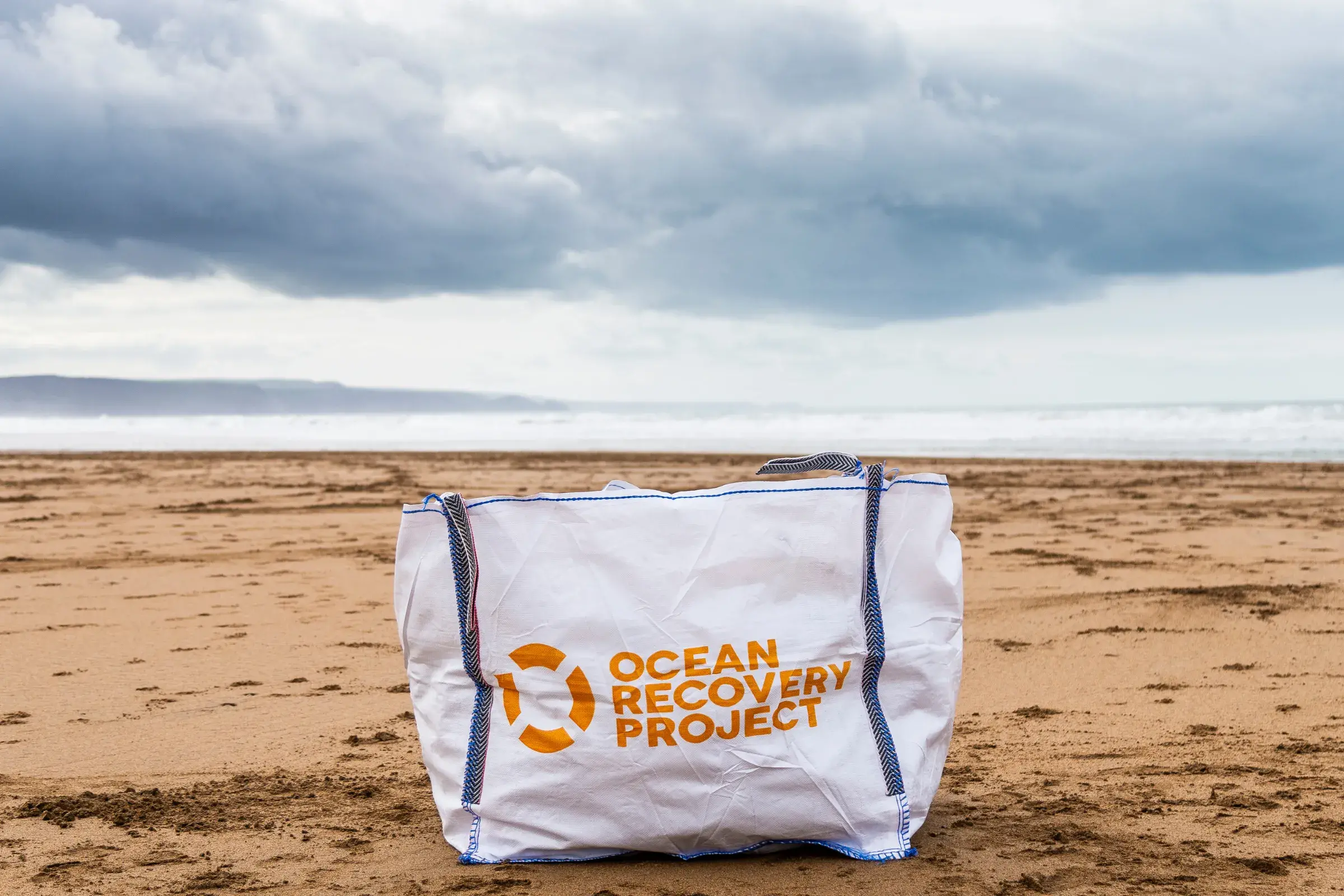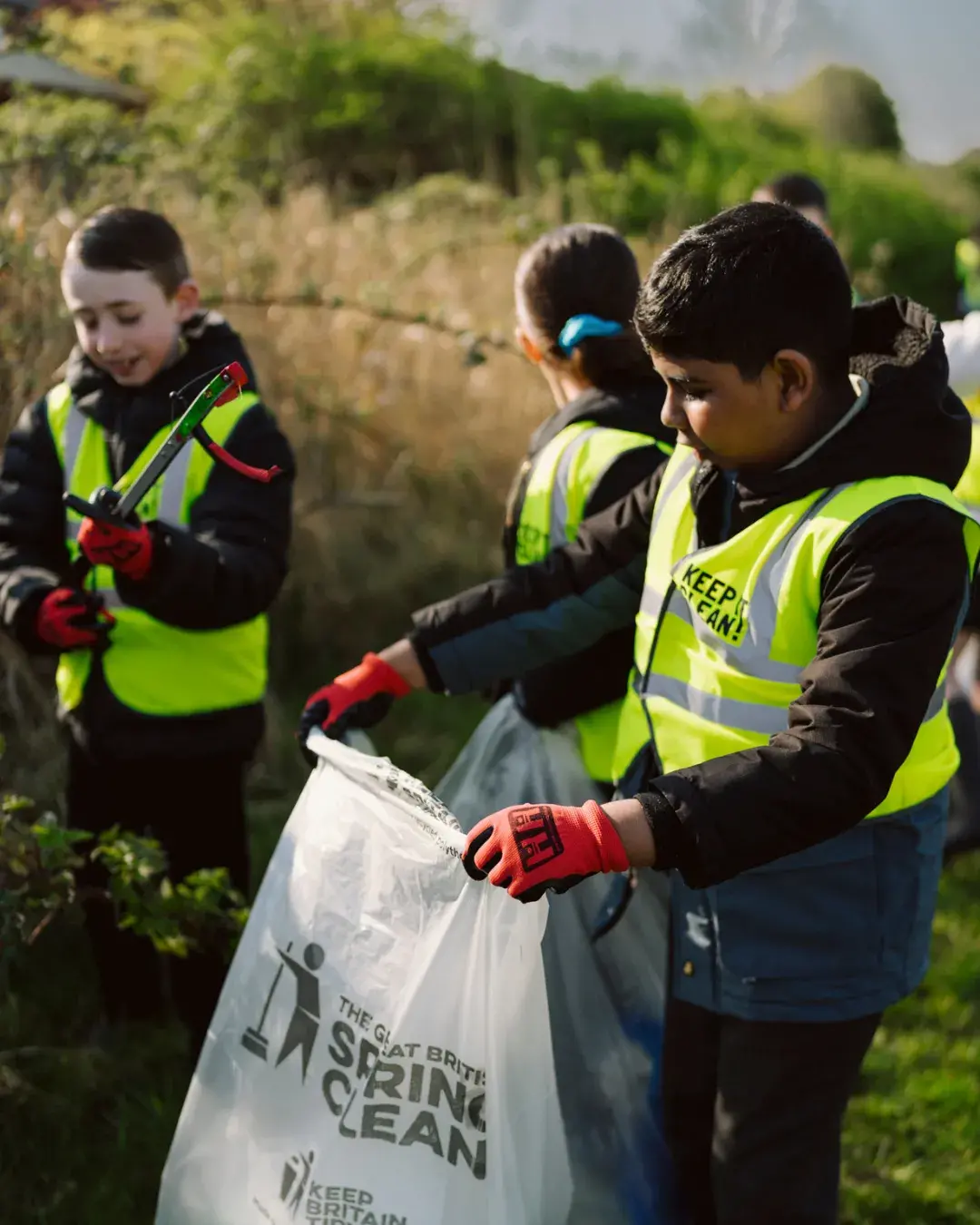Villages, towns and cities across the UK are connected to the sea via streams and rivers, which carry our litter into the sea. Litter can either be blown directly into watercourses or is washed down storm drains, which lead into watercourses. Once in the aquatic environment, the litter either stays in there, damaging river habitats and the wildlife that lives there, or it makes a journey to the sea where it will stay for hundreds of years, gradually breaking down into microplastics and harming marine life.
Every year, it is estimated that 11 million tonnes of plastic ends up in our oceans. It’s estimated that the weight of all plastic entering the ocean every year is equivalent to the weight of approximately 60,000 fully-grown blue whales – and this is likely to triple by 2040.
Shockingly, one in five people admit to leaving rubbish behind at the beach, with a whopping 42% of 18 to 24-year-olds admitting they have walked away from their rubbish, leaving it for the tide to clean up.
